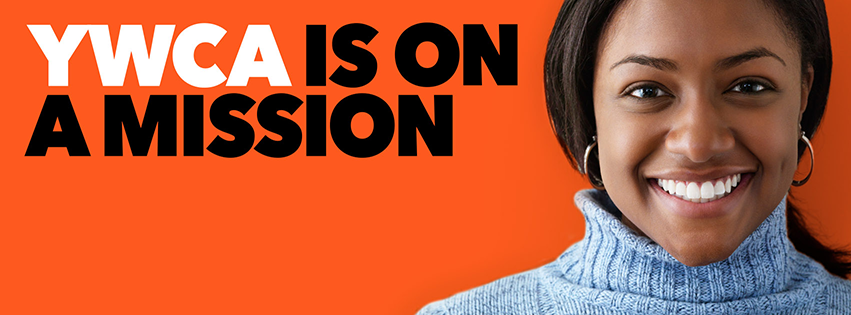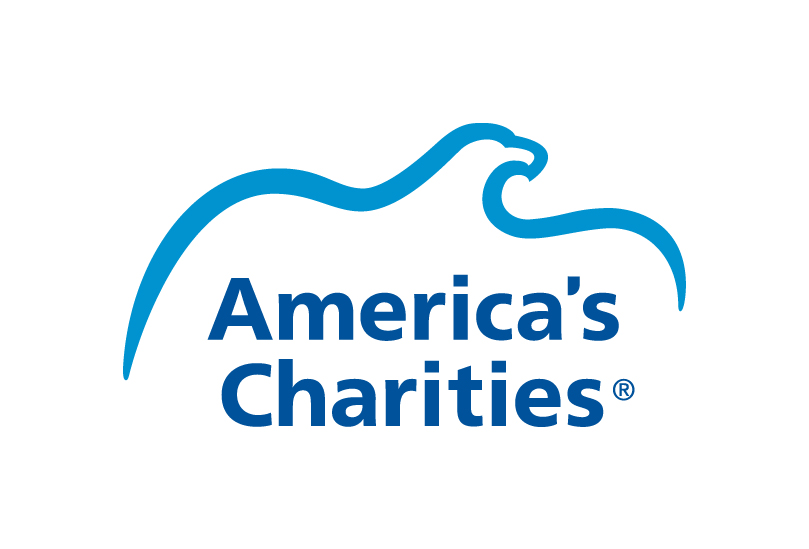Eliminating Racism and Empowering Women at YWCA

One in three women will experience some form of gender-based violence. Women and girls of all ages, income levels, racial and ethnic communities, sexual orientations, and religious affiliations experience violence in the form of sexual assault, domestic violence, dating violence, trafficking, and stalking. Getting help is a challenge for most survivors of gender-based violence, but for women of color, immigrant women, and other women with marginalized identities, the challenges are even greater. In our work to eradicate violence, we put these intersections at the forefront.
YWCA, the largest network of domestic violence service providers in the United States, is on a mission to eliminate racism and empower women. More than 500,000 women and families are served annually through a network of 97 YWCAs across the country. Every day, YWCA is helping women like Holly as they work to get safe and rebuild their lives.
Holly’s story
In February of 2002, I had left my abusive partner and was living on my own with my two teenage daughters in a motel. I was working overnights for the Department of Transportation and struggling to do it all on my own. It was hard, it was isolating, and it was a scary time. My ex-partner was stalking me, and I had to lock my daughters in the hotel room at night, instructing them to call 911 if he ever came there.
Then one night he attacked me in a bank parking lot. Shaken, I realized I no longer wanted to do this alone. Like many survivors of domestic violence, I never imagined that I would be the person calling a hotline for help. But I am so glad that I did call YWCA Missoula because the help they provided was truly life-changing.
My YWCA advocate met me at the local hospital while I was still reeling from the assault. Together, we assessed my situation and came up with a safety plan. I was relieved to learn that staying at YWCA’s shelter was a stable option for me and my girls.
YWCA provided me with an advocate, a safe place to stay, an emergency cell phone, support groups, and, most of all, support and guidance as I moved forward with my life.
Moreover, connecting with the other residents at the shelter taught me that I was not alone. Their stories could have been my own. YWCA provided a safe space to share, vent, cry, and celebrate the small victories we each experienced in our journey. My daughters had their own children’s advocate and also attended support groups. Our experience at YWCA Missoula has helped them to make good choices about their own relationships.
I spent 60 days or so in the shelter before I was able to move my two teenage daughters and myself into our own apartment. About six years later, I reconnected with YWCA Missoula and asked how I could give back for all the incredible support I received during my time of need. They asked me to speak at the Women’s Justice Benefit Luncheon that year, and I agreed. Since then, I have prepared meals, served on committees, and was eventually invited to sit on the board of directors, which I was thrilled to accept.
My story is one of hope! My daughters are grown, I have a great job that I love, I have a supportive partner of five years, and I will never stop giving back to YWCA. I want to tell every woman who is experiencing violence that YWCA can be there for you like they were there for me. Don’t be afraid to ask for help – I’m so glad I wasn’t.
Please join Holly in supporting our work to end violence against women. Your contribution to YWCA USA helps our local associations strengthen their support to women like Holly and their children. Emergency shelter averages $60-$85 per night, at least $420 per week and between $21,000-$31,000 a year. A weekly deduction of $5, $10, or $20 enables us to have the necessary resources to help Holly. We need your support to ensure the YWCA network can help the women, girls, and families who need it.
Join us on our mission to eliminate racism and empower women and girls. To learn more about our work, please visit www.ywca.org.
About YWCA
YWCA USA is on a mission to eliminate racism, empower women, stand up for social justice, help families, and strengthen communities. We are one of the oldest and largest women's organizations in the nation, serving over 2 million women, girls, and their families.
YWCA has been at the forefront of the most pressing social movements for nearly 160 years — from voting rights to civil rights, from affordable housing to pay equity, from violence prevention to health care reform. Today, we combine programming and advocacy to generate institutional change in three key areas: racial justice and civil rights, empowerment and economic advancement of women and girls, and health and safety of women and girls.

